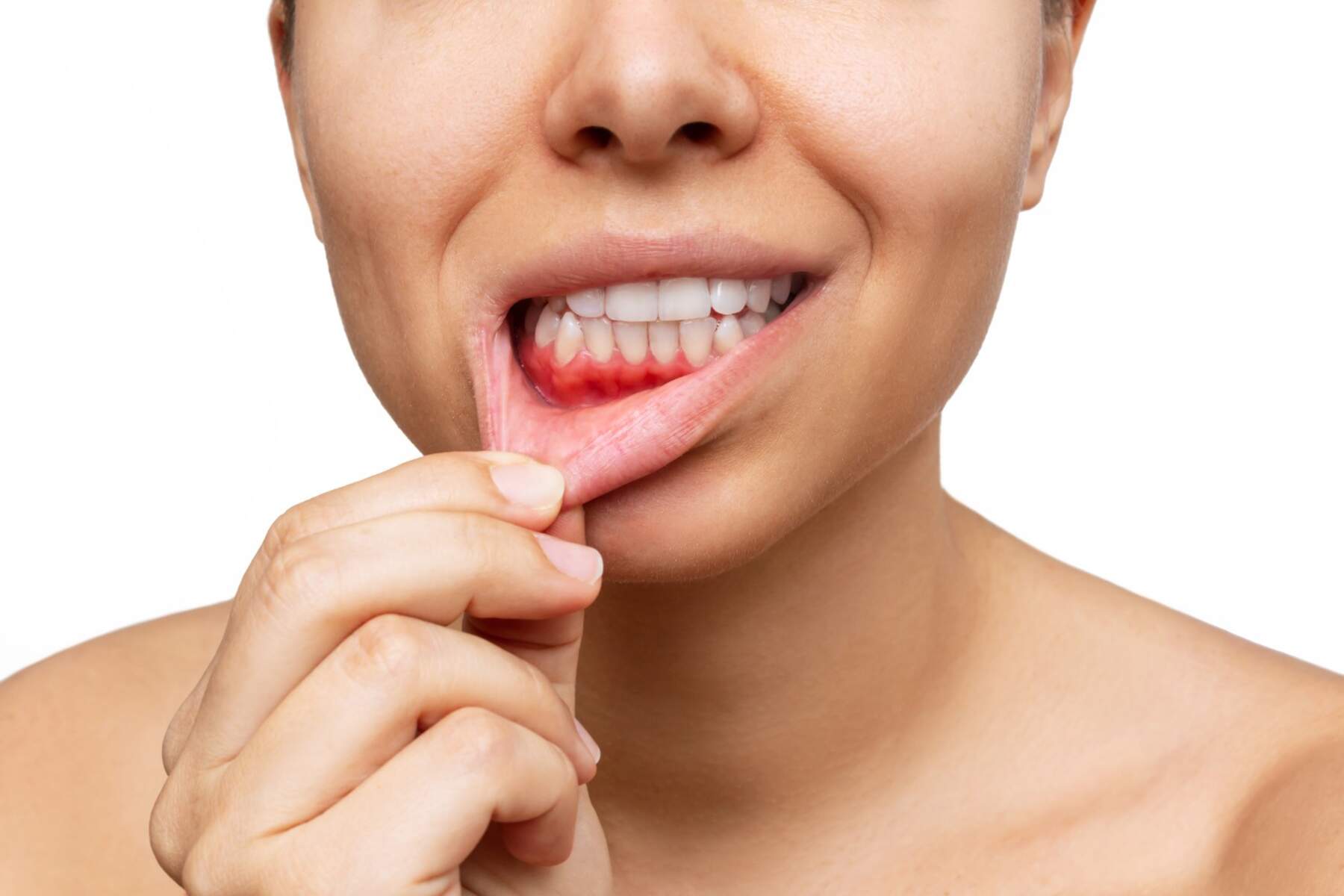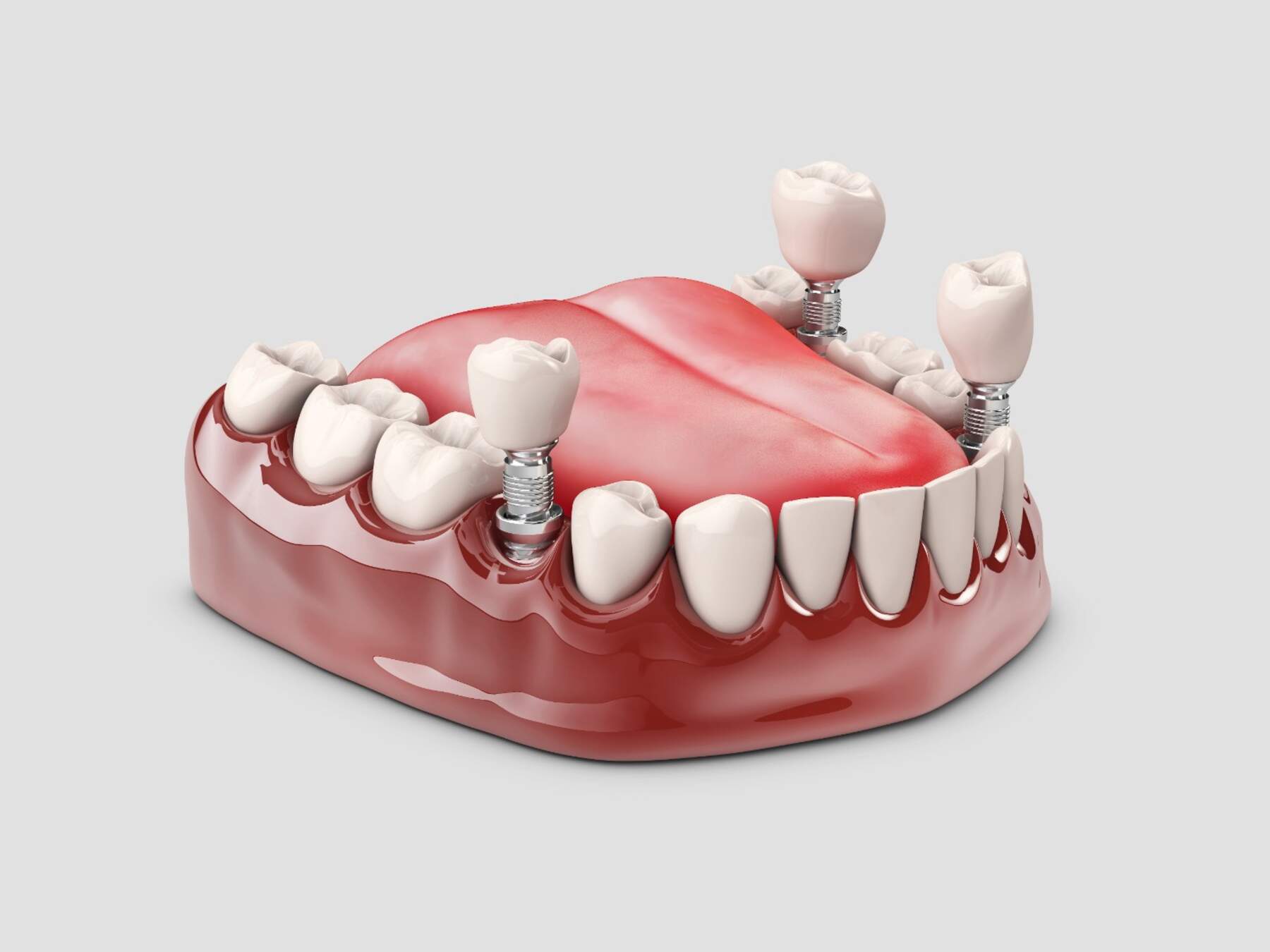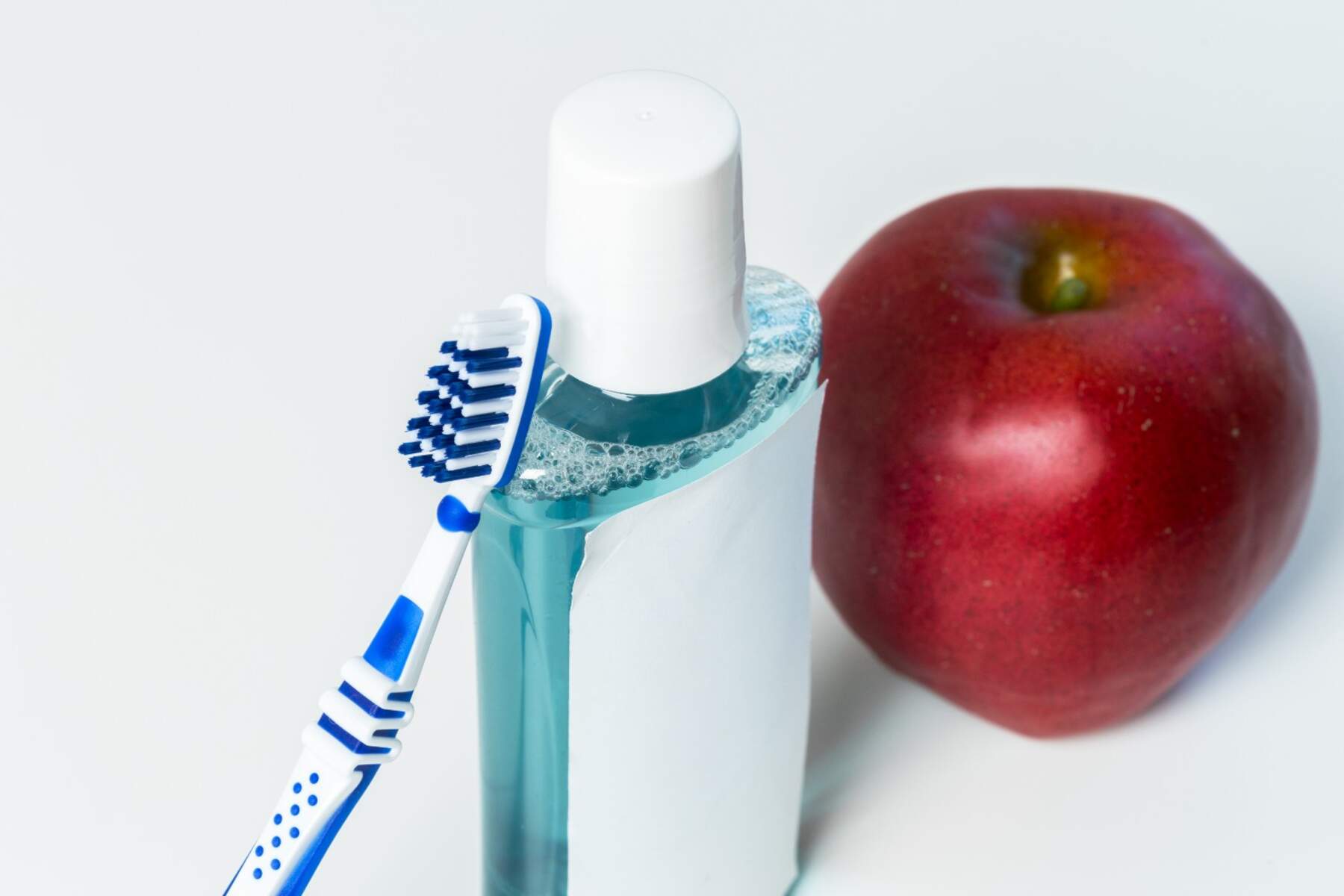Dental care can make a huge difference not only in the aesthetic aspect of your teeth but also in the general health of your mouth. You should make regular check-ups a part of your life as it’s important to detect problems before they go too far. If the dentist finds an issue he can take care of it as soon as possible without further damage. Several issues can happen with your dental health and today we will talk about root canals, what they are, and their recovery process.
Although some people can be ready for the operations they can have questions about the recovery process like, when will I start to feel like myself again, how long will it take, what should I worry about, etc. Learn all there is to know about the root canal recovery process by reading. You’ll discover how to return to your everyday life after a little period of rest.
What is a root canal?
First of all, it is important to know what a root canal is and what the procedure entails. The purpose of this procedure is to relieve dental pain and save teeth that may be decaying. In cases when the roots are inflamed and infected this procedure is a necessity.
An endodontist, who is skilled in this field, carefully removes the pulp from the tooth and cleans, disinfects, and forms the root canal throughout the procedure. Then, to fill the opening, he or she installs several tooth fillings.
The best ways to recover after root canal treatment
When the dentists have tried everything and the tooth is not responding, the last method to save the tooth from extraction is a root canal procedure. When the origin of the agonizing pain is coming from the pulp, this procedure becomes a necessity. After the procedure is done people are left with one question on their mind, “What measures should they take to have a fast and pain-free recovery process?”. Here are some tips on how to restore the teeth after a root canal procedure:
Manage how you treat your mouth
Pay close attention to how your mouth feels after the procedure. Some pain and swelling are expected after the numbing goes down. An ice pack can be used to reduce the swelling. During sleep be careful to put pillows under your head to keep it elevated so no irritation occurs. Before eating make sure the numbing goes down as you don’t feel anything and you risk biting your tongue.
For the first days after the procedure choose foods that don’t need a lot of chewing and are easier to eat. Soft foods like soups, mashed vegetables, and smoothies are recommended during the recovery process. You have a lot of choices you can choose from without harming your fixed tooth.
Try to avoid smoking or vaping for the first days to prevent any possible risk of infection. The mouth heals quicker if foreign chemicals and products don’t interfere with the recovery process.
Avoid exercise for a few days
As we know, exercising has a lot of health benefits, but if you have just undergone a surgical procedure you should be careful with it. For the first period after the surgery, you should take a break from your physical activities. If you return very quickly bleeding may start again and it may start to hurt. You should take your time for the treated area to not get worse. The best thing to do is ask your dentist when he thinks it’s the best time to return to exercise based on your personal experience.
Returning to your activities should come gradually. Look for exercises that are designed for people who have undergone a procedure. The best thing to start is walking, this will allow you to activate your body without putting maximum strain on yourself. It is important to take everything in a slow and relaxed way and you will start to feel like yourself in no time.
For optimal root canal recovery, get the rest you need
During the recovery period, it is important to get as much rest as you need. Getting a sufficient amount of sleep is also important for the recovery process to go smoothly. If you feel like you need a couple of days off work, take them, do try to force yourself to return to everyday life activities, if you don’t feel like it. After the root canal procedure, you can be left tired by the discomfort and soreness.
Try to sleep and stay lying down to speed up the process. Some people use medication to relieve pain but this can be very strong and can put you to sleep so it’s better to stay off the roads to avoid any possible accidents. The most beneficial gift you can offer your body at this time is a few days off to completely relax and allow it to recuperate.
Pay attention to how you feel
Pain, swelling, and other minor side effects are considered normal after a root canal procedure. Although, these factors begin to go down with time so they are just temporary. If you notice that these symptoms are not going down or they may get worse, you should consider contacting your dentist to find out what is going on.
Sometimes an infection can occur or other issues related to the root canal procedure. If you are noticing signs of swelling that are lasting longer than a day, rashes, and when the painkiller medicine is not effective, it is important to get in touch with your dentist for further action. There is no reason to joke about pain following a root canal as it can lead to a lot of damage.
Notice if your crown gives you problems
Most people get a temporary crown after the root canal procedure is done until the permanent one is ready. Observe carefully how the crown feels in your mouth and if it matches. Be careful to notice any signs of pain or irritation that biting and eating can cause. It is important to talk with your dentist about this issue so the process goes as smoothly as possible.
By doing this, you can make sure your crown’s materials are working properly and prevent any potential infections. Your crown can improve your smile, but you need to keep an eye on it to determine if it’s benefiting you or doing more damage than good.
Take prescribed medications
After the root canal procedure, the dentist can prescribe antibiotics and painkillers for a few days to ease the pain, especially when the reason is an infection. You should finish the medication for them to give the full effect regardless if you start to feel better or not.
Eat healthy
For the first days try to consume soft foods that don’t need chewing and avoid spicy, sugary, and crunchy foods as they can make the treated area worse. Foods like eggs, cooked carrots, sweet potatoes, and smoothies can be great during the recovery process. However, you should be careful about the sugar ingredients you put in your smoothies.
It’s possible that you won’t feel very hungry right away after a root canal, but you must avoid sticky and crunchy meals right away. You must eat soft foods because the operation will naturally cause sensitivity. Following the process, we advise you to consume the following foods:
Fruits
Soft fruits such as bananas, mangos, and peaches are great options to consume after the root canal procedure. They are good for your overall health not just for the recovery period as they provide the body with the necessary nutrients that it needs during the healing process.
Vegetables
Just like with fruits, vegetables will provide the body with sufficient nutrients that will make the recovery process easier and shorter. They are the perfect option especially when served at a lukewarm temperature. Any injury that might occur to the tooth will be prevented if you consume the right foods.
Dairy
Dairy products like yogurt, milk, and ice cream are good to consume after the root canal procedure as they require minimal chewing and provide enough nutrients to your body.
Eggs
It doesn’t matter if they are scrambled, fried, or boiled eggs are an excellent choice as they are rich in protein. After the root canal procedure that can be considered an ideal snack.
Foods to Avoid
Before we mentioned foods that should be consumed after a root canal procedure, but you should also be careful to avoid several foods. Hot and spicy alternatives should be avoided as the treated area is sensitive and this can cause discomfort and irritation. As we mentioned before, crunchy, sticky, and hard foods to chew like nuts, chocolate, and cereals should not be consumed as they can be abrasive to your tooth. Another thing you should avoid is smoking and alcohol as they can cause more bleeding in the area.
How long does the recovery take?
The usual period of recovery from the root canal treatment lasts from a few days to a few weeks depending on the patient. It will not take a lot of time for you to return to eating normal and crunchy foods as before. Some pain and discomfort are considered normal after every dental procedure like this but it can be managed using over-the-counter medicine. In rare instances the pain can be persistent and a visit to the doctor will be needed to make it go away, but you don’t have to worry as this rarely happens.
Possible complications arising from root canal procedure
Sometimes the tooth canal procedure can cause some complications even though it is rare as it has a very high success rate. These complications can happen during or after the treatment is finished. While certain issues can be predicted by your dentist, the majority of them cannot. Thankfully, almost all of the root canal issues are manageable. Some possible problems can be:
Re-infection
Reinfection may sometimes cause root canal treatment to fail. Several factors might trigger this. Some of them include improper cleaning, using low-quality filler, being exposed through a crack, and detailed root growth. You’ll need to see a qualified dentist if reinfection occurs to determine if the tooth can be saved or if it needs to be removed. Depending on the root of the infection, your dentist will decide what to do.
Fractured root or crown
The root of the tooth can be left without nutrients and oxygen if its nerve is removed making it fragile. Before, during, or after the procedure, the root or crown may get fractured. The dentist will give you sufficient advice on whether the issue can be treated or whether you need to have the tooth extracted based on the seriousness of your condition. Most often, teeth grinding and biting on hard objects can also cause fractures following a root canal treatment.
Missed root canal
A typical tooth contains four roots, each of which is composed of numerous canals. The dentist may occasionally miss a canal during a challenging process to remove the root canal. Crooked canals might not be easily accessible during the bleaching process. Additionally, if there are enough germs present, the root canal procedure may face some difficulties.
Bottom line
The bottom line is that the most ideal dental operation that can keep your tooth from being extracted is a root canal procedure. The majority of people fear getting this treatment because they think it will cause a lot of pain. The operation is painless and will go smoothly, and you will only feel very minor discomfort thanks to technical breakthroughs and new advanced practices in the dentistry field. In any case, getting a root canal treatment will help you relieve the discomfort and pain that occurs with having exposed roots.
According to statistics, root canal operation has a 97% success rate in general. This implies that the likelihood of facing any difficulties is quite low. However, you must take certain actions as we discussed in the article to have a smooth recovery of your tooth following the procedure. Additionally, notify your dentist if you are experiencing any issues with the treated root.




